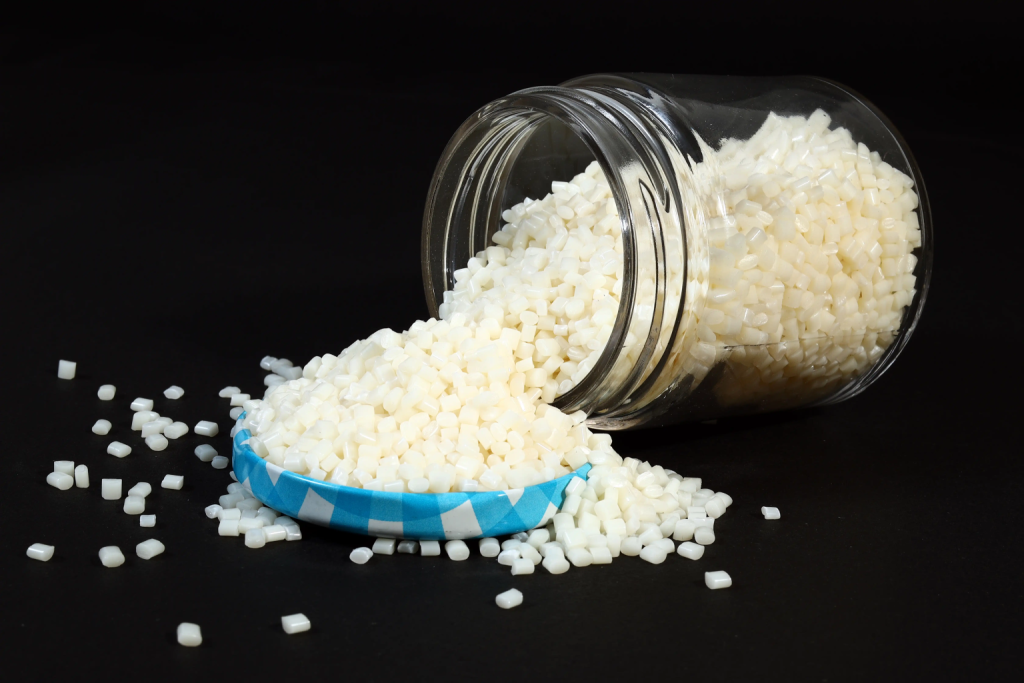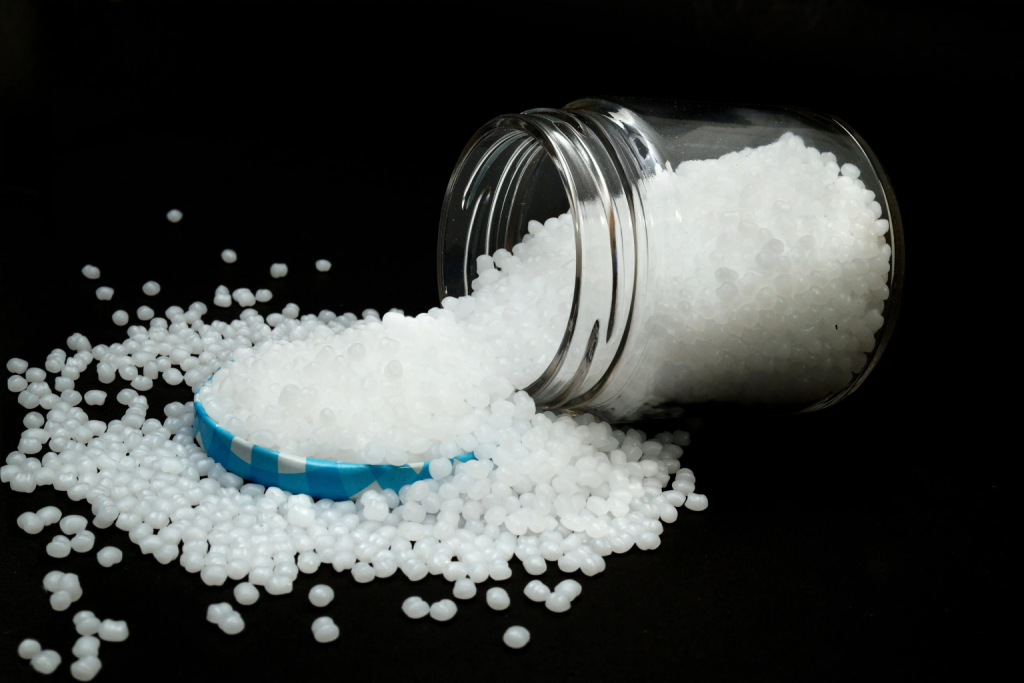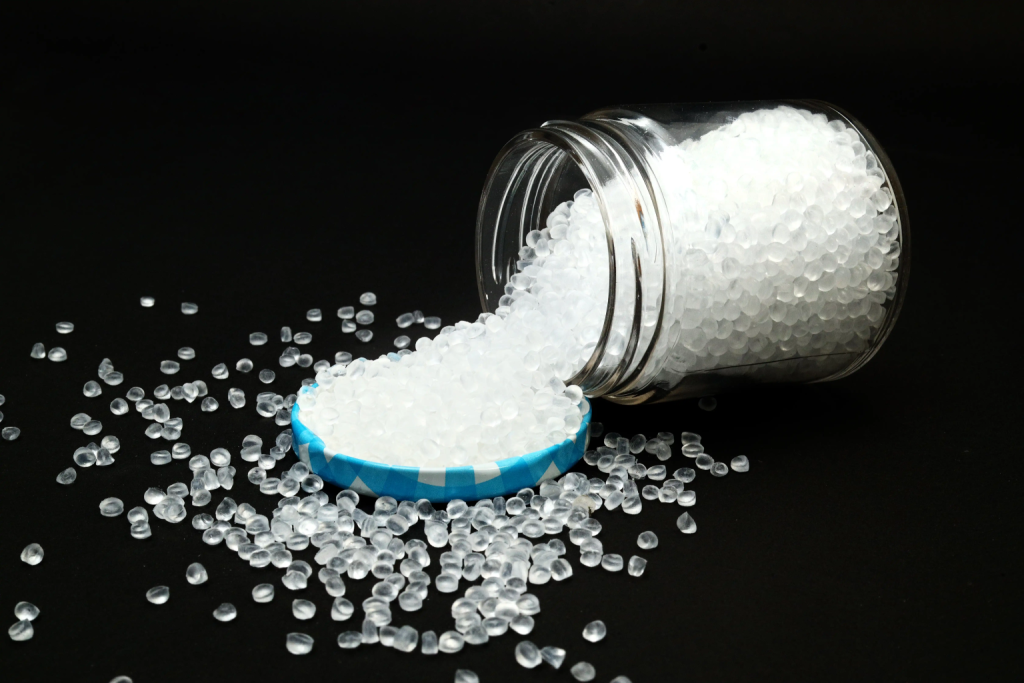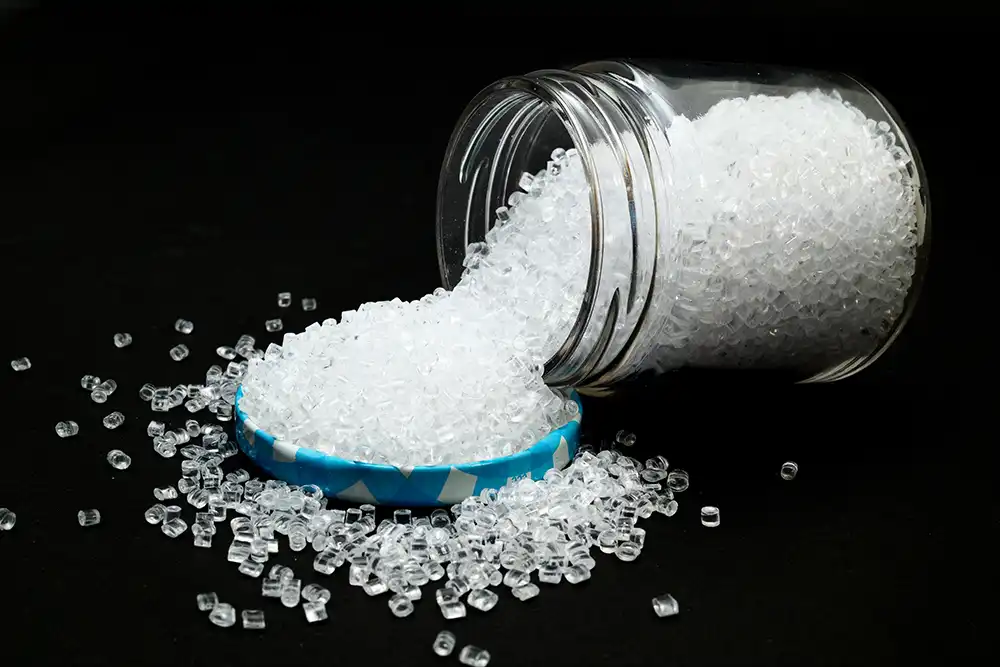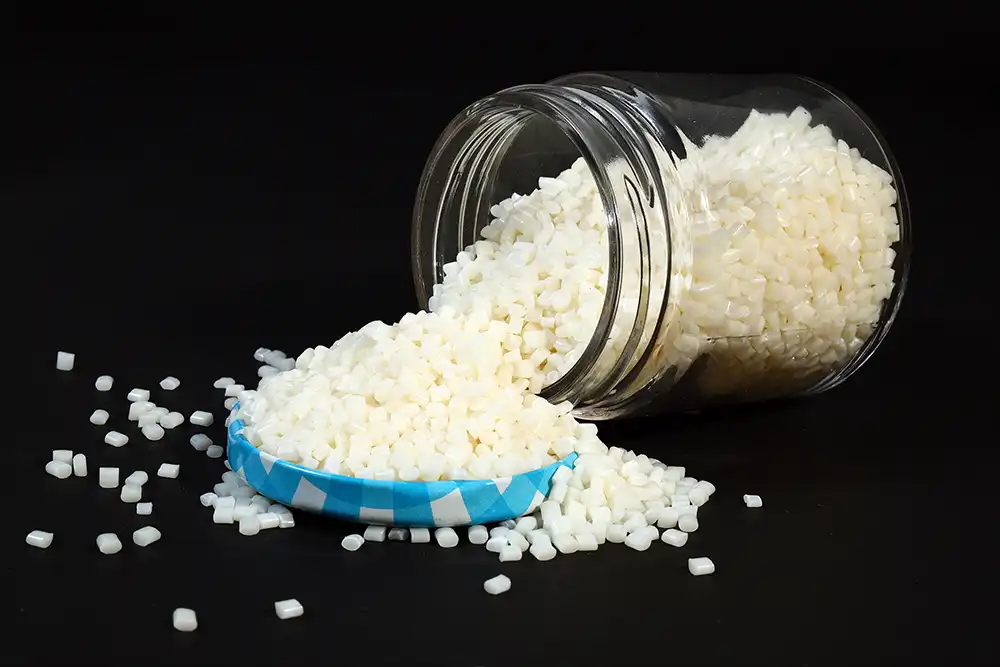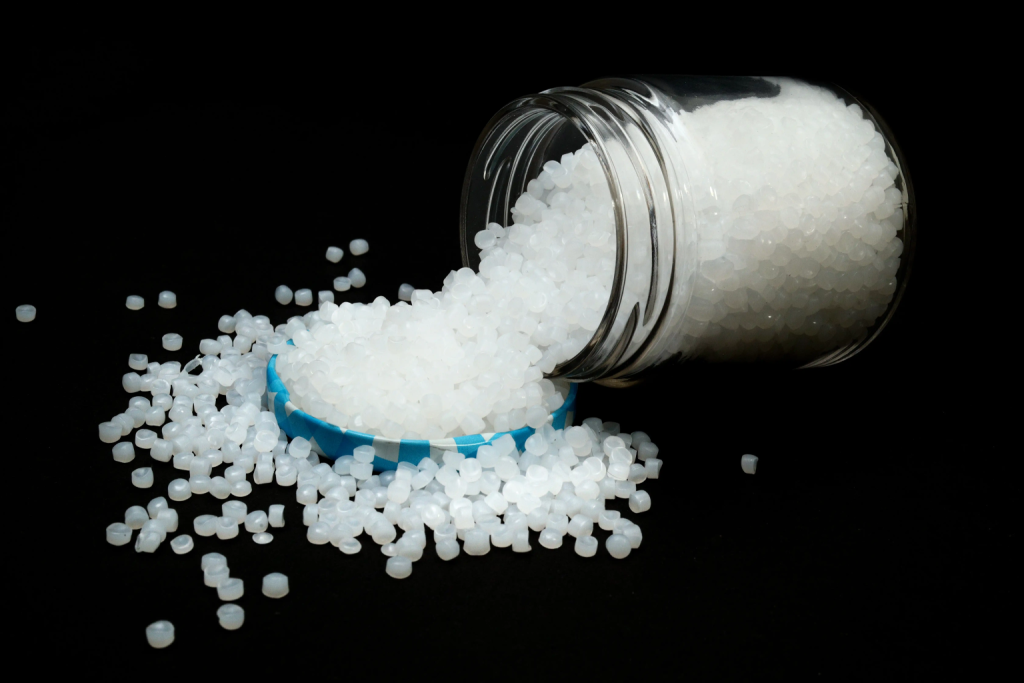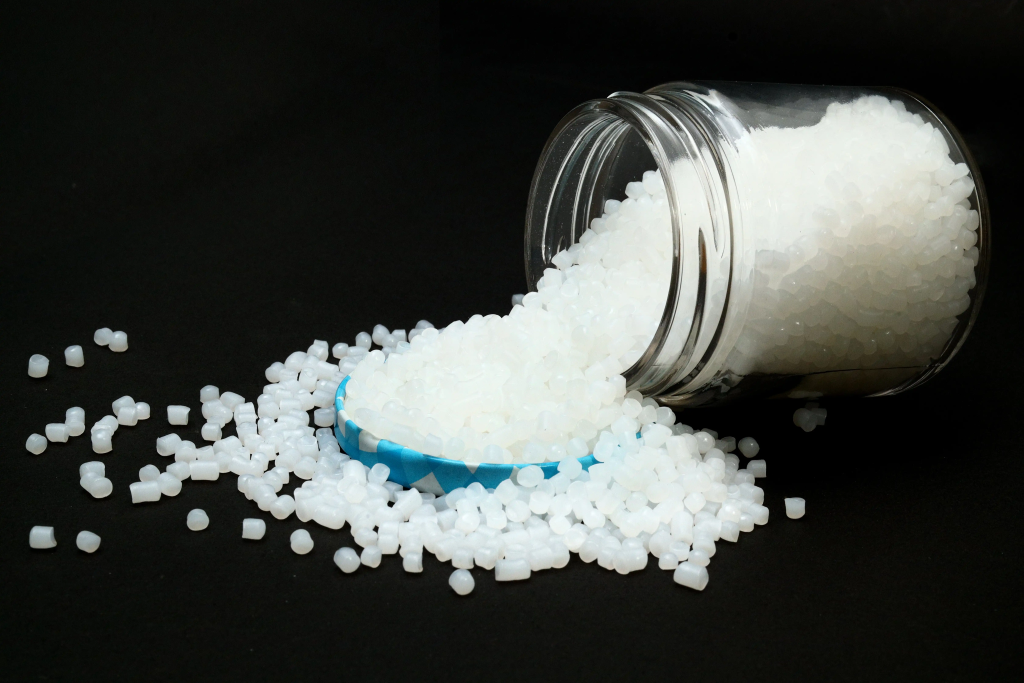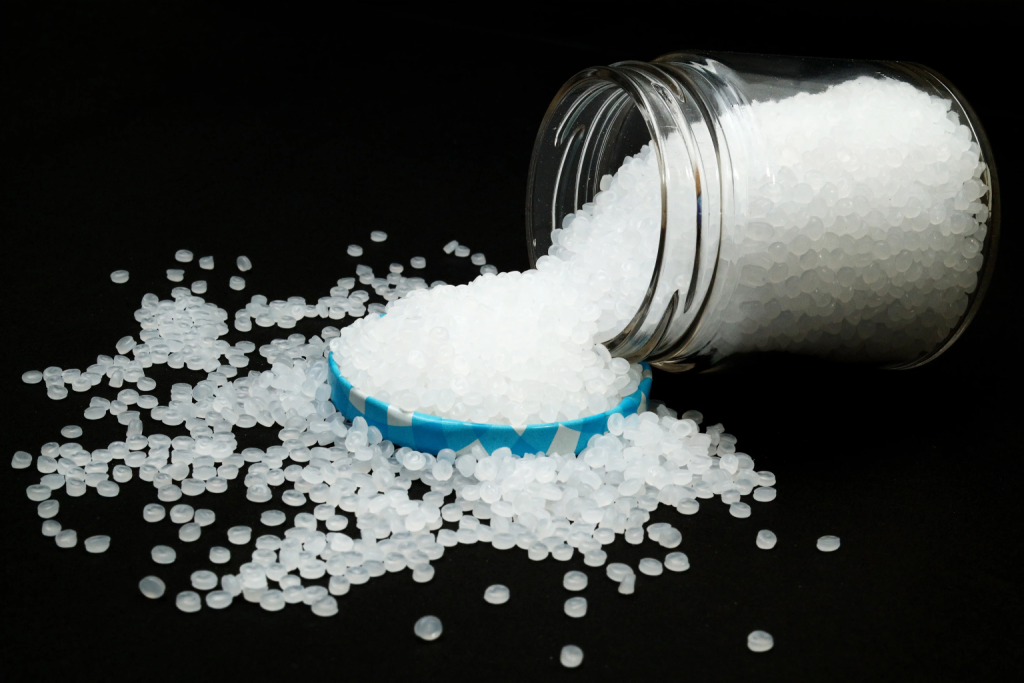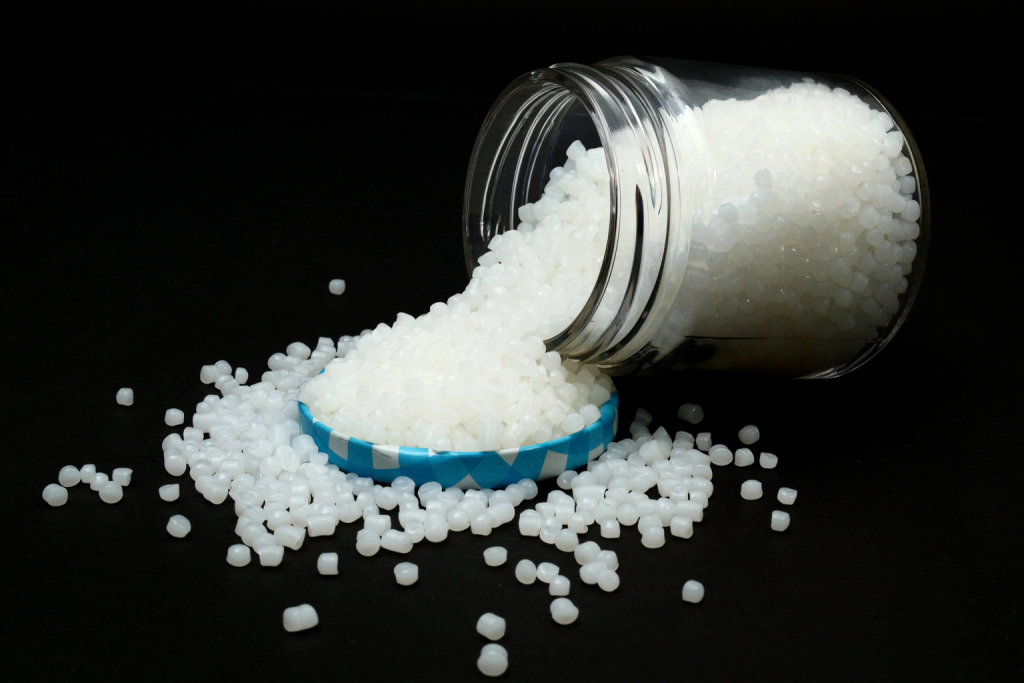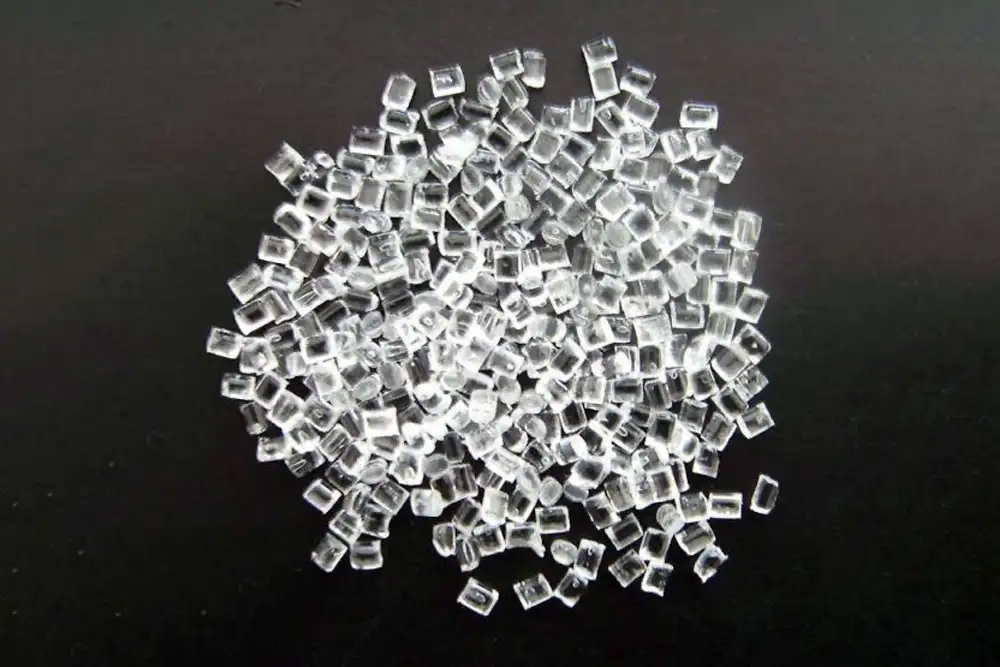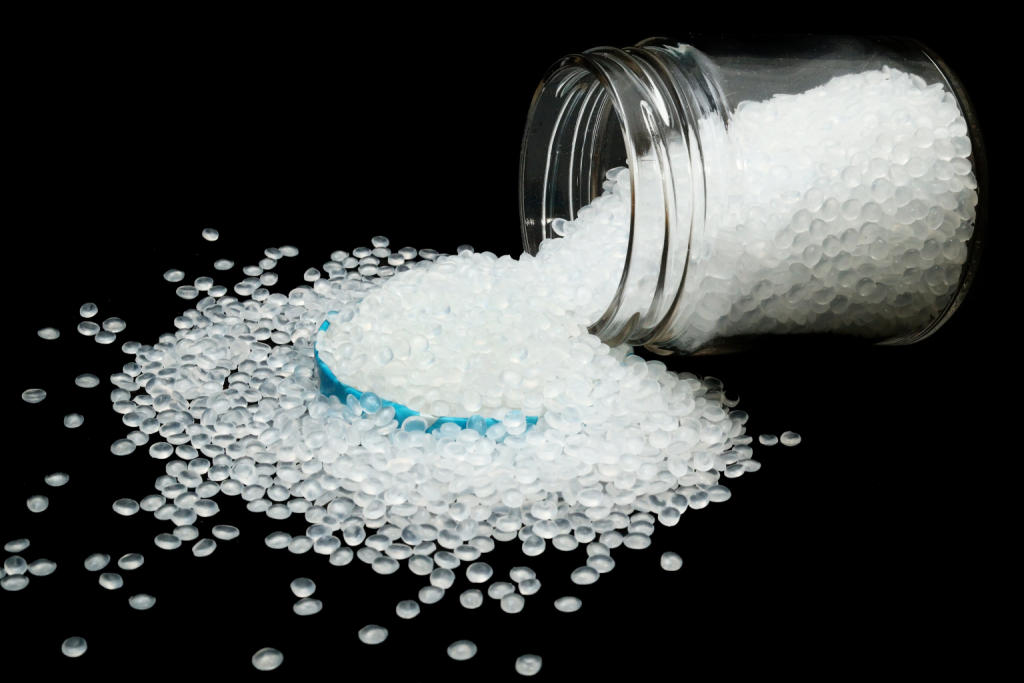POLYVINYL CHLORIDE RESIN (PVC RESIN)
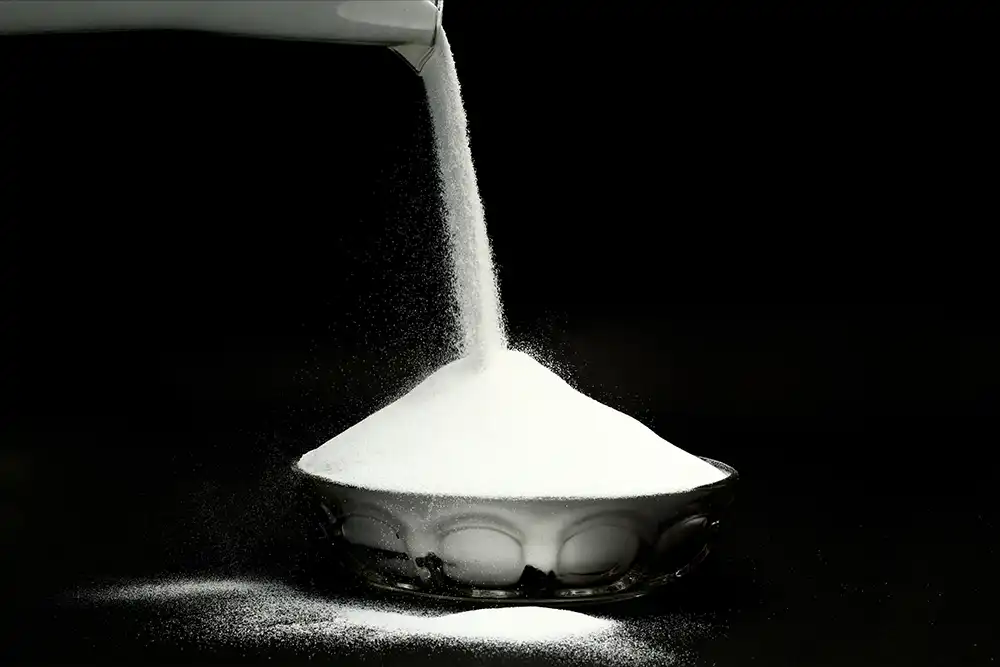
Polyvinyl Chloride (PVC) Resin is a versatile thermoplastic polymer made from the monomer vinyl chloride. It is widely used across various industries, including construction, packaging, electrical, and automotive, due to its durability, adaptability, and range of beneficial properties.
PVC Resin is typically produced through a process called suspension polymerization, where vinyl chloride monomer is polymerized to form a rigid, white or transparent material. This polymer can be molded into different shapes and sizes, and can be modified to create both rigid and flexible forms by adjusting its formulation.
allowing it to maintain its shape and properties across a broad temperature range. Furthermore, ABS has excellent electrical insulation properties, making it suitable for electronic components.
The material’s ease of processing is another standout feature. ABS can be molded into various shapes and sizes, making it a popular option for injection molding. It is also easy to color and finish, accommodating a wide range of coatings and textures to enhance product aesthetics.
Despite its many advantages, ABS has some limitations. It is less heat-resistant than certain other thermoplastics and can emit toxic fumes when burned or exposed to very high temperatures. Additionally, prolonged UV exposure can lead to yellowing over time.
In summary, ABS is a versatile and reliable material with a combination of strength, impact resistance, and processability, making it an excellent choice for numerous applications that demand durability and performance.

Polyvinyl Chloride (PVC) Resin is a versatile thermoplastic polymer made from the monomer vinyl chloride. It is widely used across various industries, including construction, packaging, electrical, and automotive, due to its durability, adaptability, and range of beneficial properties.
PVC Resin is typically produced through a process called suspension polymerization, where vinyl chloride monomer is polymerized to form a rigid, white or transparent material. This polymer can be molded into different shapes and sizes, and can be modified to create both rigid and flexible forms by adjusting its formulation.
One of the key advantages of PVC Resin is its exceptional durability. It resists chemical and biological degradation, making it ideal for long-lasting applications. PVC is also flame retardant and offers excellent electrical insulation properties, which make it a preferred material in electrical cables and components. Furthermore, PVC Resin is relatively cost-effective and readily available, which contributes to its widespread use.
Despite its many advantages, the production and disposal of PVC Resin raise environmental concerns. The manufacturing process, particularly the incineration of PVC, can release harmful substances such as dioxins. Additionally, PVC has low thermal stability, and exposure to high temperatures can lead to the emission of toxic hydrogen chloride gas.
To mitigate these environmental risks, various initiatives have been put in place, including recycling programs that reduce PVC waste in landfills and ongoing research into more sustainable alternatives. These efforts aim to reduce the environmental footprint of PVC Resin without sacrificing its beneficial properties.
In conclusion, PVC Resin is a widely used, highly adaptable material known for its strength, flame resistance, and electrical insulating properties. However, its environmental impact, especially during production and disposal, requires careful management to ensure its sustainable use.
Benefits of Polyvinyl Chloride Resin (PVC Resin)

Durability and Longevity

Lightweight

Ease of Processing
One stop solution for polymers
Supplying high-quality polymers to fuel your business success!
Get in touch with us today to discover more about our premium polymer supplies!

